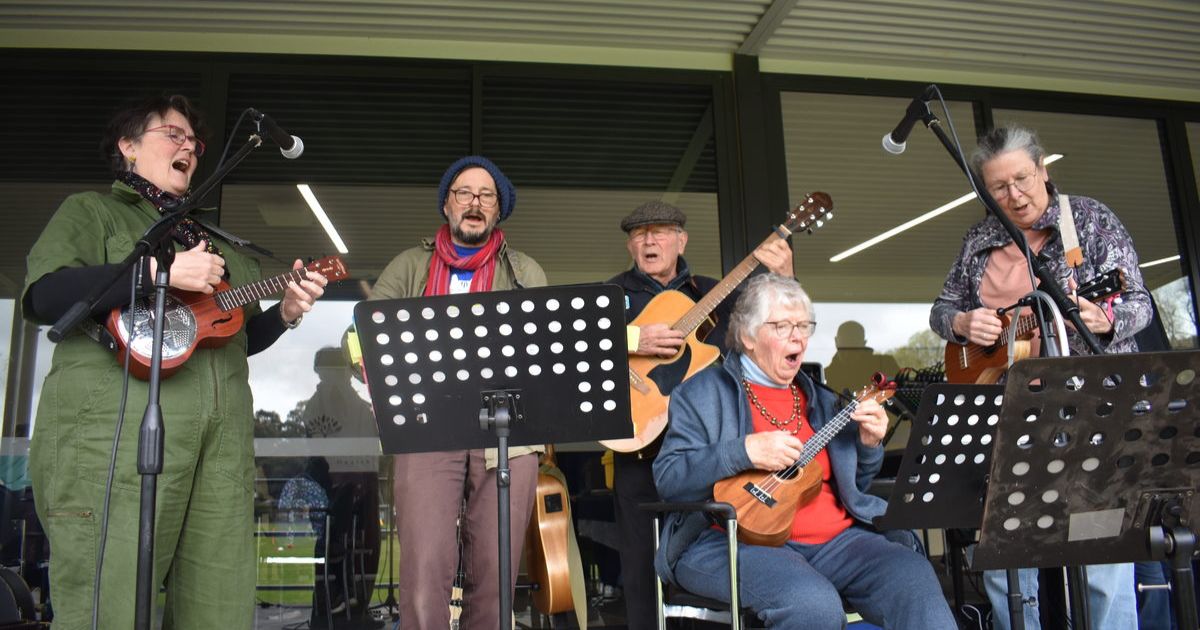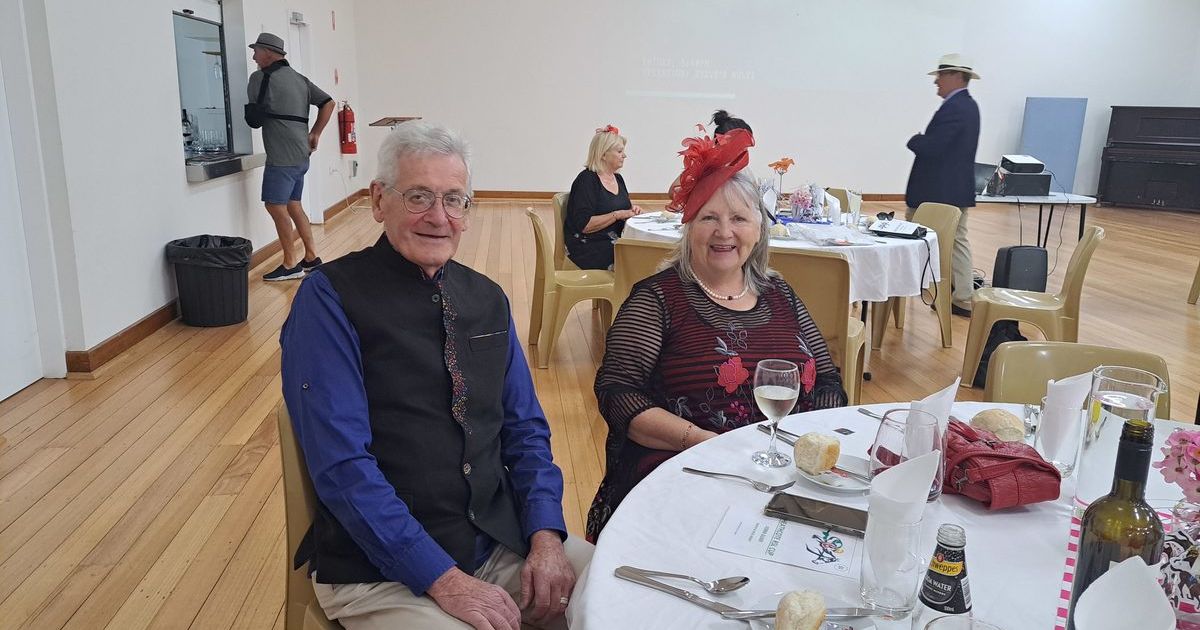Course covers caring for wildlife

During the workshop, Sue Kirwin fed a wombat joey she rescued the previous day. Photos: SANDRA JAMES
CARERS from Help for Wildlife, and Wildlife Rescue and Rehab presented a basic wildlife rescue workshop at Heathcote Community House last weekend.
Each attendee gained valuable insights into the role of a wildlife carer and what to do if they find injured wildlife.
Sue Kirwin from Help for Wildlife said there has been an increase in injured wildlife over the past months.
“It is horrific for roadkill at the moment,” she said.
“With low feed due to the drought, kangaroos and other wildlife are grazing beside the roads where there is some feed.
“When cars approach, they take fright and can run anywhere.
“Slow down from dusk to dawn.
“Urban sprawl has replaced many of their feeding places and, most of all, speed and people not taking care is taking its toll.”
Ms Kirwin advised participants of the best ways to deal with injured wildlife, emphasising that their own safety was most important.
“Your safety is paramount,” she said. “Most injuries are caused through road accidents, so check your surroundings and don’t stop if it isn’t safe.
“Call police; they are always happy to attend and do what is necessary.
“Never handle bats as they can communicate diseases. Call a wildlife rescue organisation as volunteers are vaccinated. Lyssavirus has no cure and can be fatal to humans.”

Ms Kirwin advised checking the pouches of deceased mammals as they sometimes contain a pinky, or a very young baby, even when there is an older joey with the mother.
“Never give joeys food or water,” she said.
“Joeys can last up to 48 hours without food and water but feeding them could kill them.
“Keep them warm which will help to keep them alive.
“And as soon as possible take them to a vet who will not charge you.”
Ms Kirwin spoke about the various roles of wildlife carers who are volunteers and not paid.
“We all have jobs, or other responsibilities so are not always available, but the wildlife organisations will help to find someone.”
If anyone finds injured wildlife they can call the Statewide Wildlife Rescue Emergency Service on
0427 301 401, WRIN on 0419 356 433 or Wildlife Victoria on (03) 8400 7300 or 1300 094 535.

















